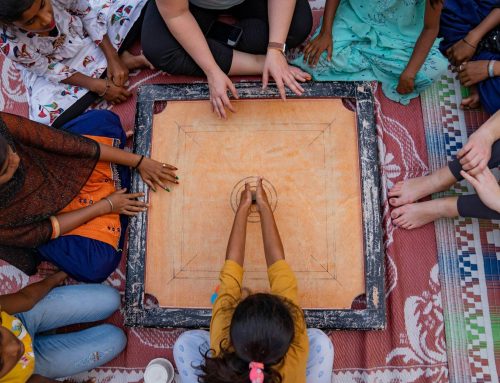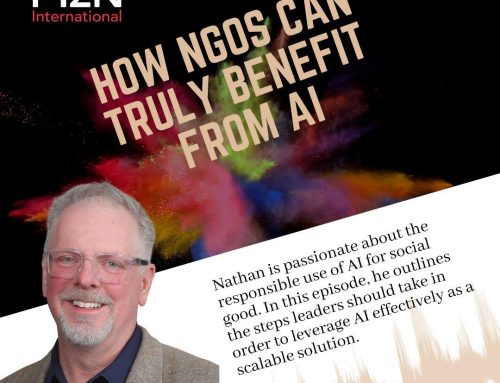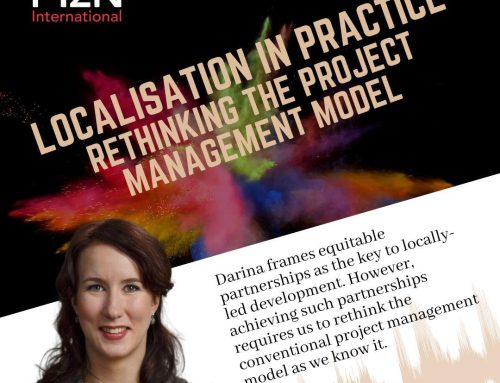I started MzN nearly 10 years ago and a lot of things have changed since then. What hasn’t changed is the fact that I see way too many non-profits that mean well and work hard with a lot of passion but don’t actually achieve their key goals.
To achieve a social, humanitarian and/or developmental goals and to really move the needle, we need programmes and organisations that produce real, measurable results. I believe that this is mainly because, too often, management does not look closely enough at measurable results and performance. Ironically, management mostly agrees that the intention to do good is not enough, yet getting done what really matters is elusive.
Donors, NGOs and other non-profits, the disillusioned tax payer, the public and most of all those in need of assistance acknowledge, for the most part, that in order to move things from bad to better, we need efficient organisations producing and delivering effective programmes. But how do we decide what really works, and what does not?
At MzN International, we have developed partnerships where we work hand in hand with donors, philanthropists and global CSR investors, implementing non-profits and persuading governments to focus on what really matters. I believe that it is this focus that makes all the difference in the programme’s (and ultimately the organisation’s) performance.
Sometimes our work will result in some harsh realities coming to the fore. I often work with clients to develop metrics that result in the closing down of programmes that are not having the required impact, or simply cannot justify being continued because the impact cannot be proven. These are often programmes that consume time, attention, and resources away from programmes that actually work. For this to happen, good analytics are key. Working together, we identify good data and impact measurements flowing into an organisational change – process that takes more responsibility for our client’s theory of change. We help to empower the change by using analytics and metrics to put more energy, resources and focus into what really matters.
It is not always pain free, but it is always rewarding. We recently worked with a client who, at a pivotal workshop a few weeks in, discovered which parts of the theory of change are really important and have a real impact. That workshop concluded that in a nearly EUR 70 million programme portfolio, a set of programmes totalling EUR 25 million produced more impact than the remaining EUR 45 million. This was liberating, especially as in the weeks that followed, we redirected time, energy and resources towards what really worked, losing the fat of useless and unproven programmes.
This “programme – diet” was powered by a hard look at good data, good analytics, emphatic inner work and deep self-reflection. All this was driven by design thinking, ensuring we (us “consultants” and the client) really worked together, rather than just one working for the other.
Measuring and assessing impact, powered by good data and analytics with proper reflection, is hard. It would be easier for MzN International to sell technical assistance, promising to do better than what is currently being done. The risk, however, would be that we would enable our clients to do the wrong things better. I’d rather do the hard thing.





